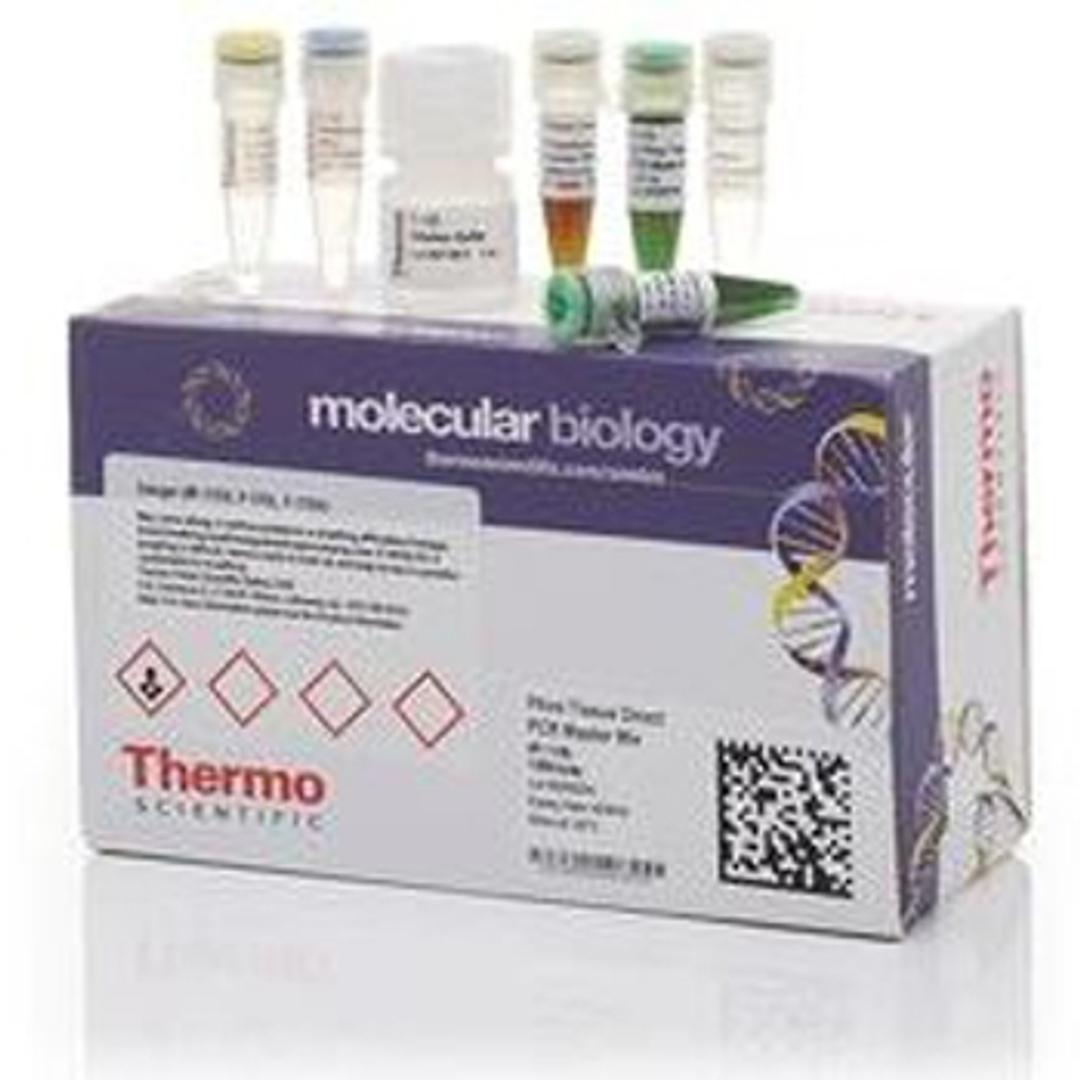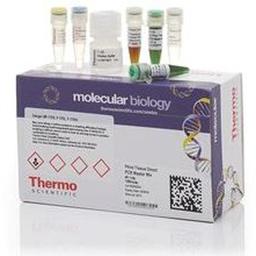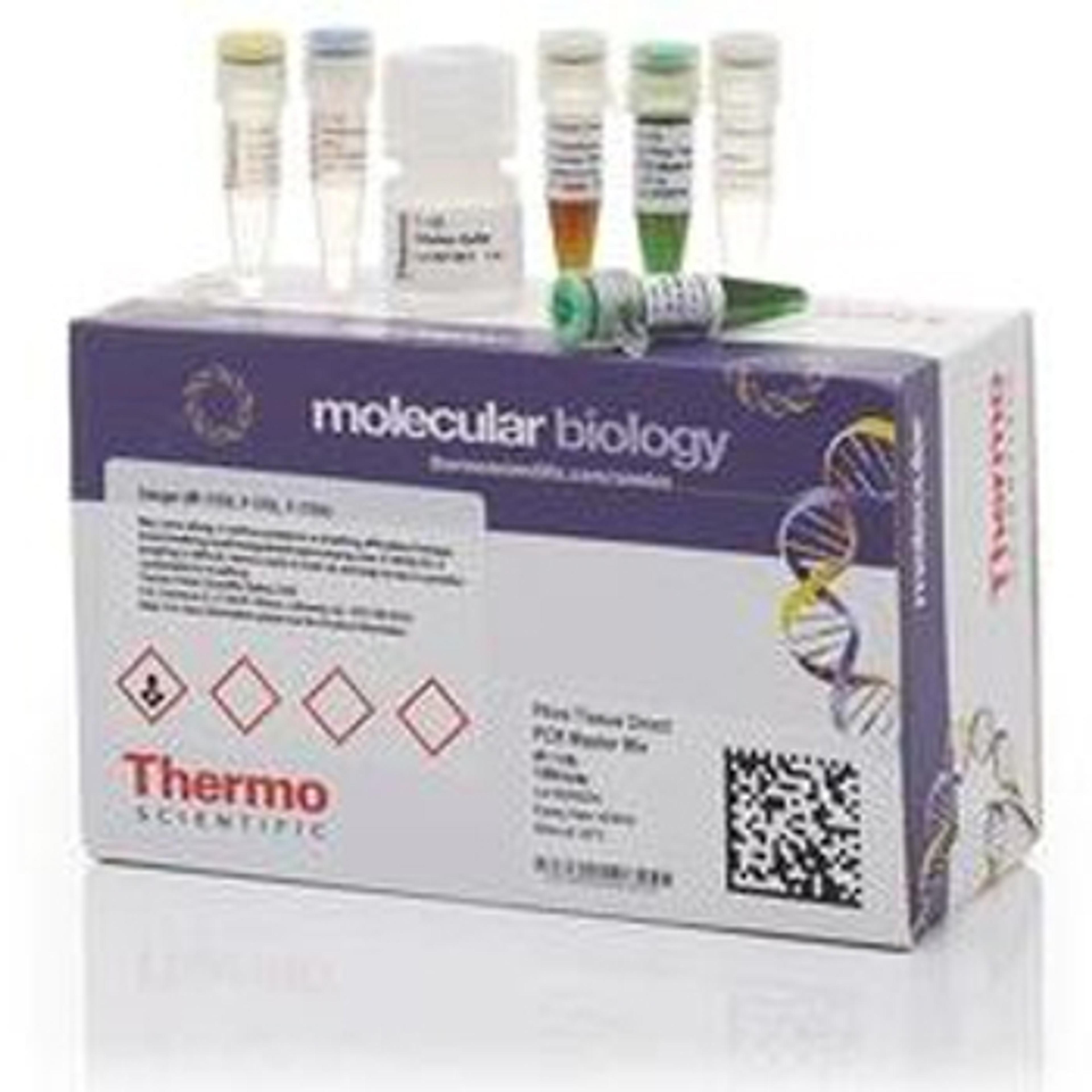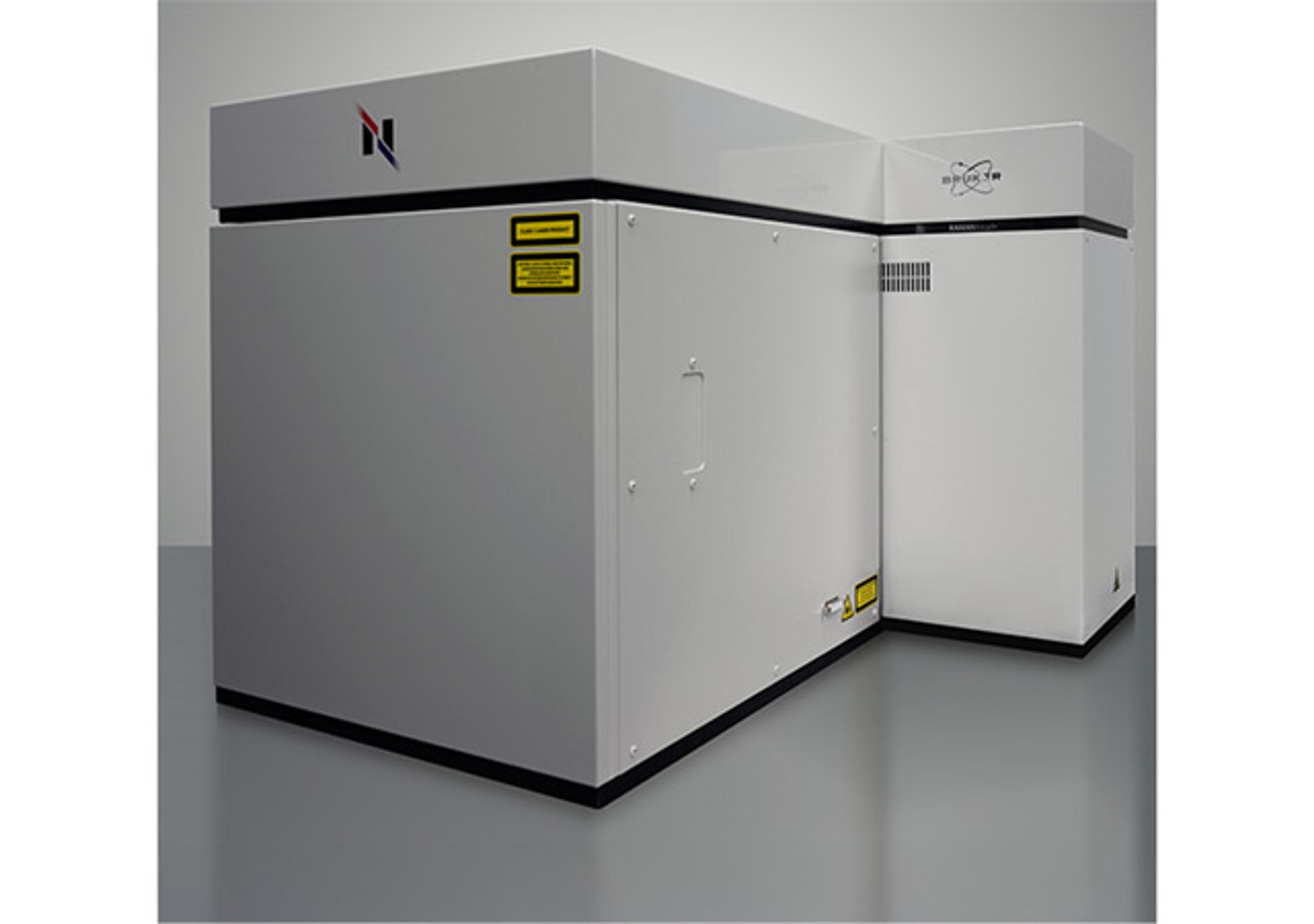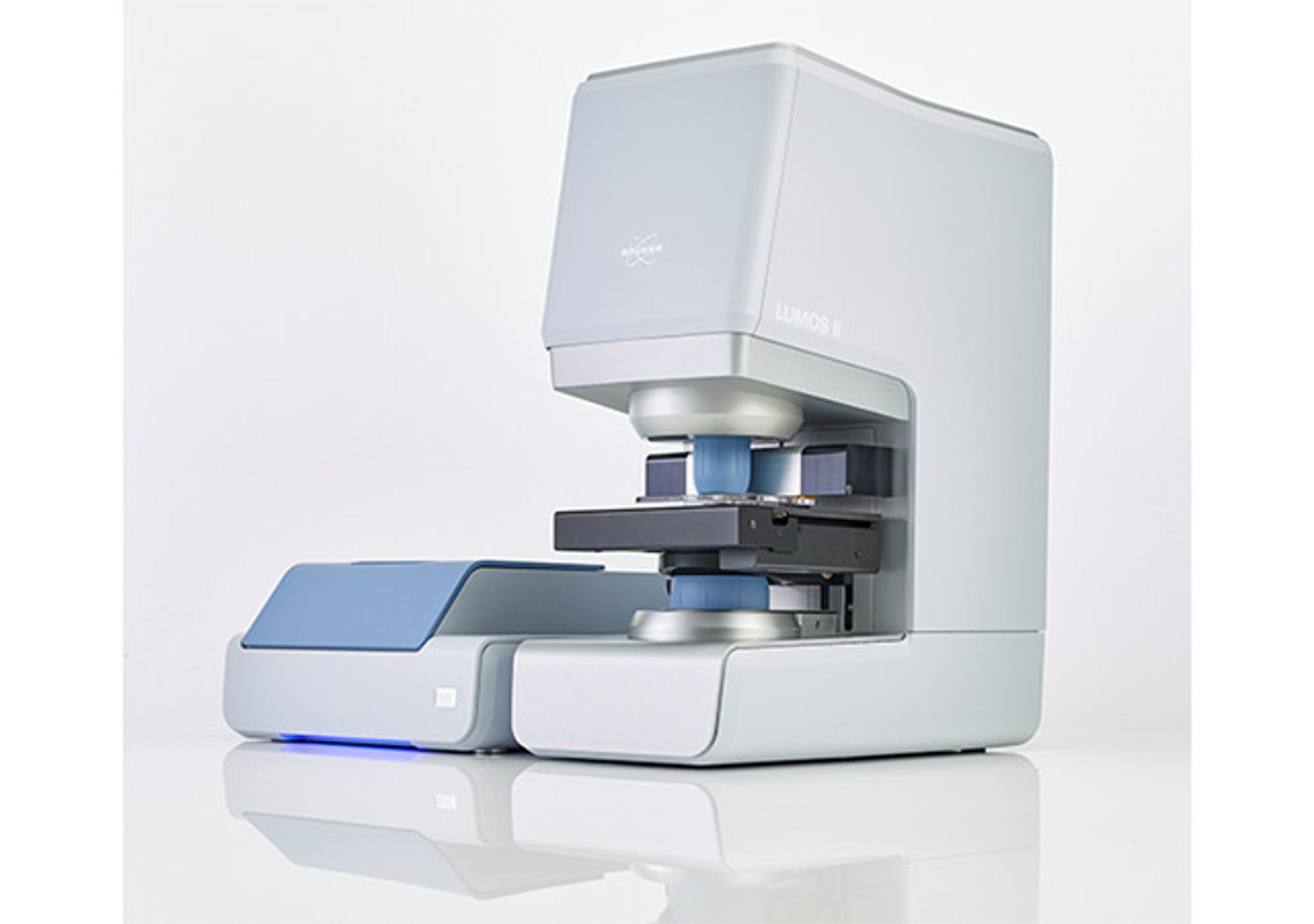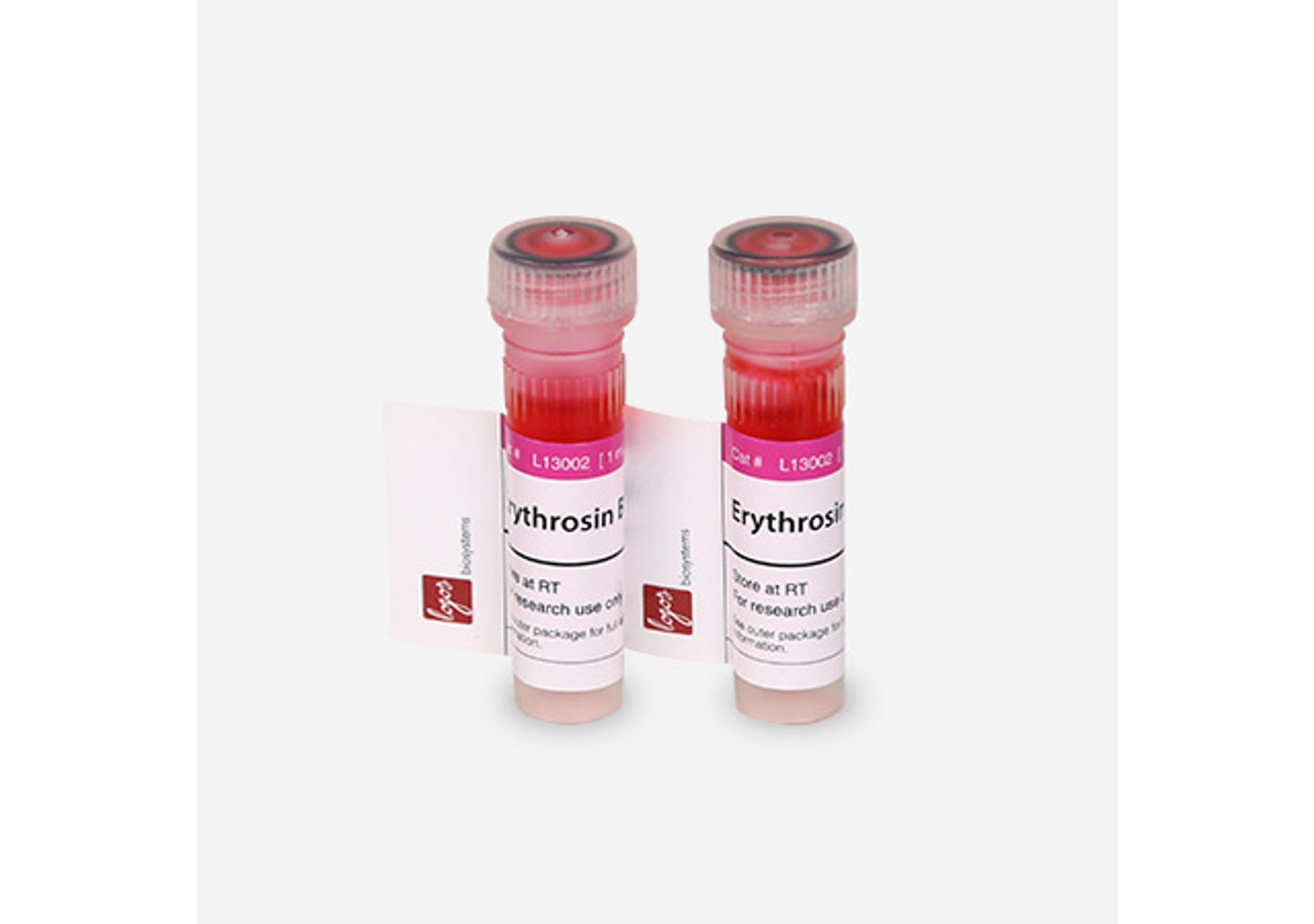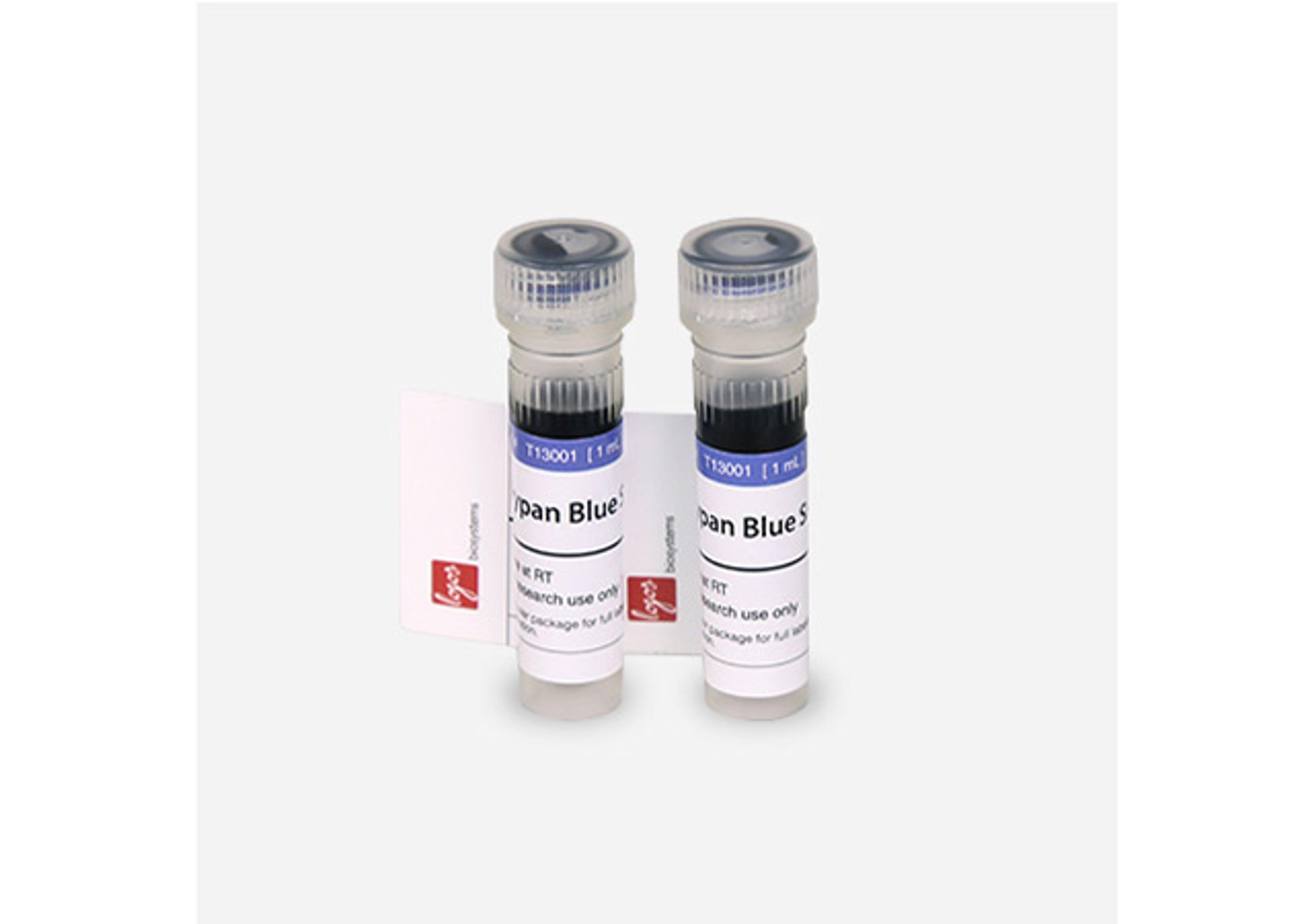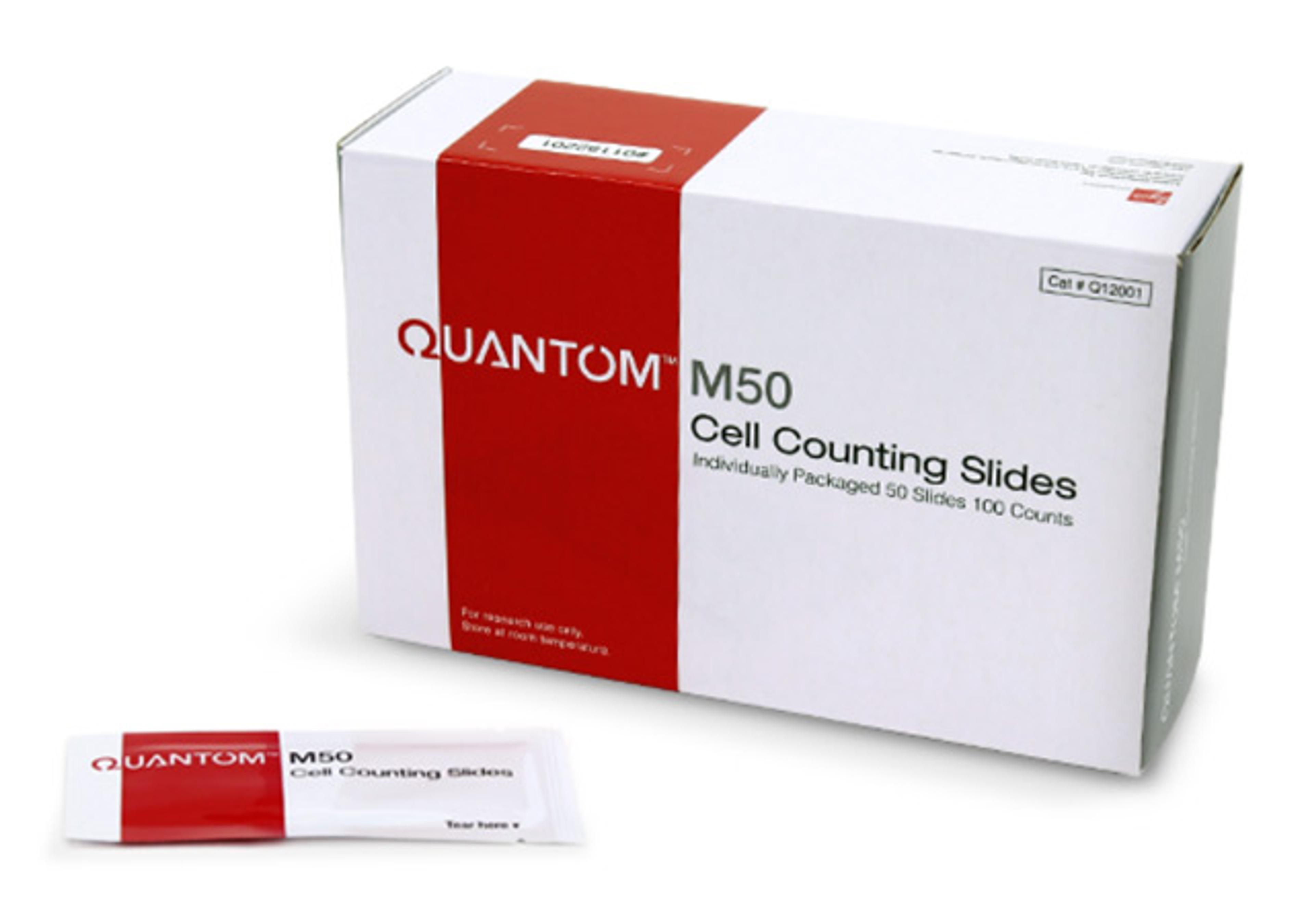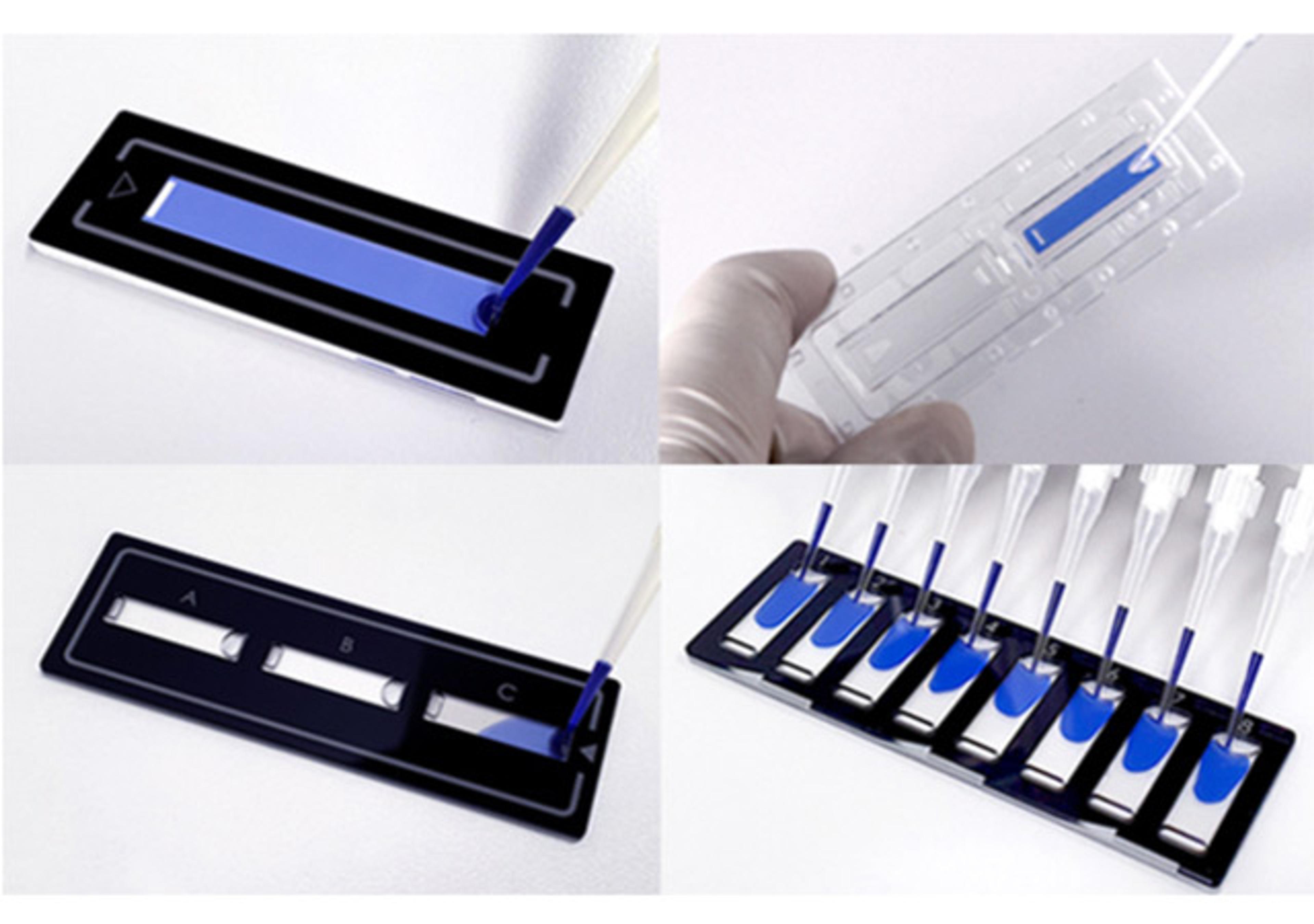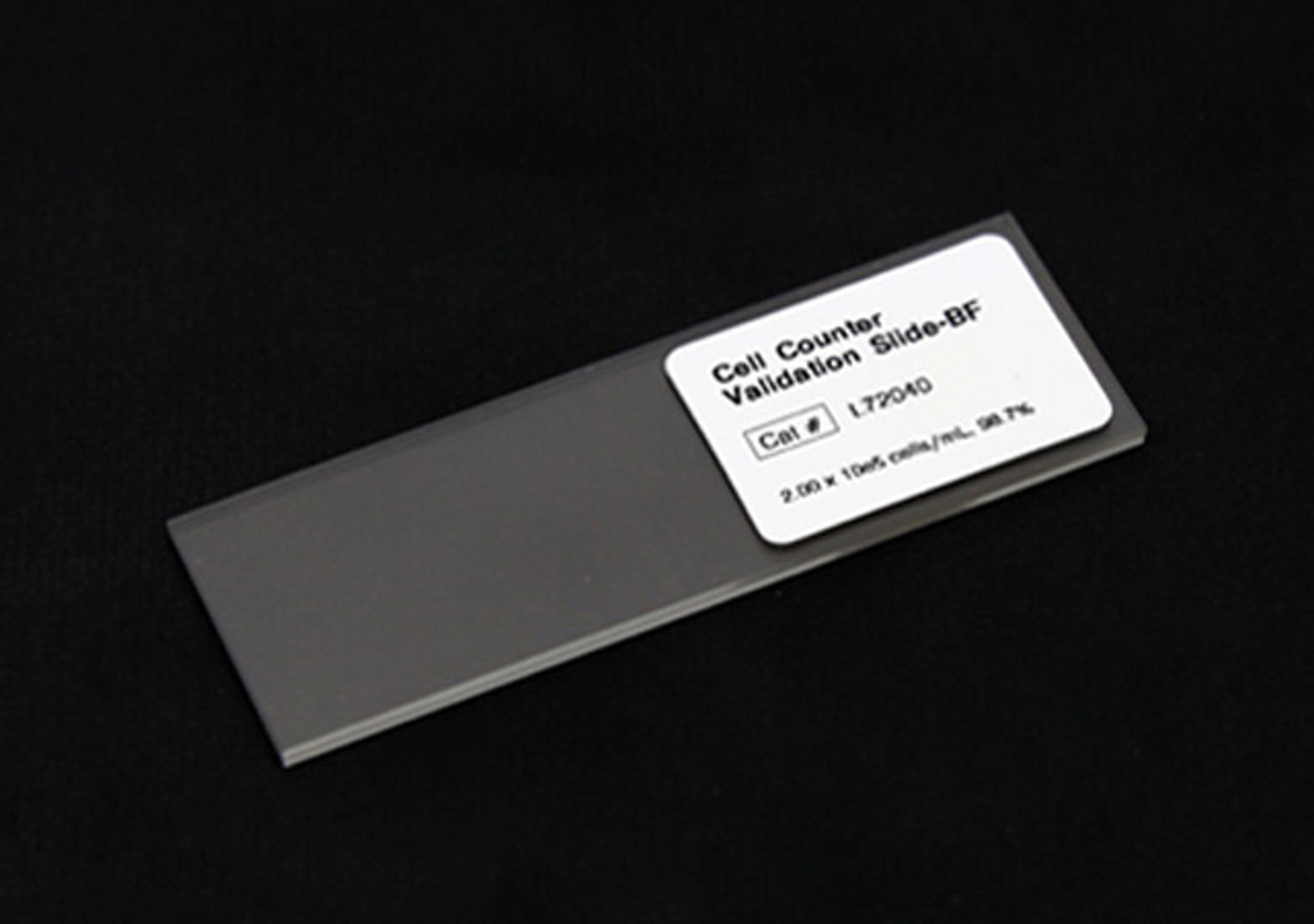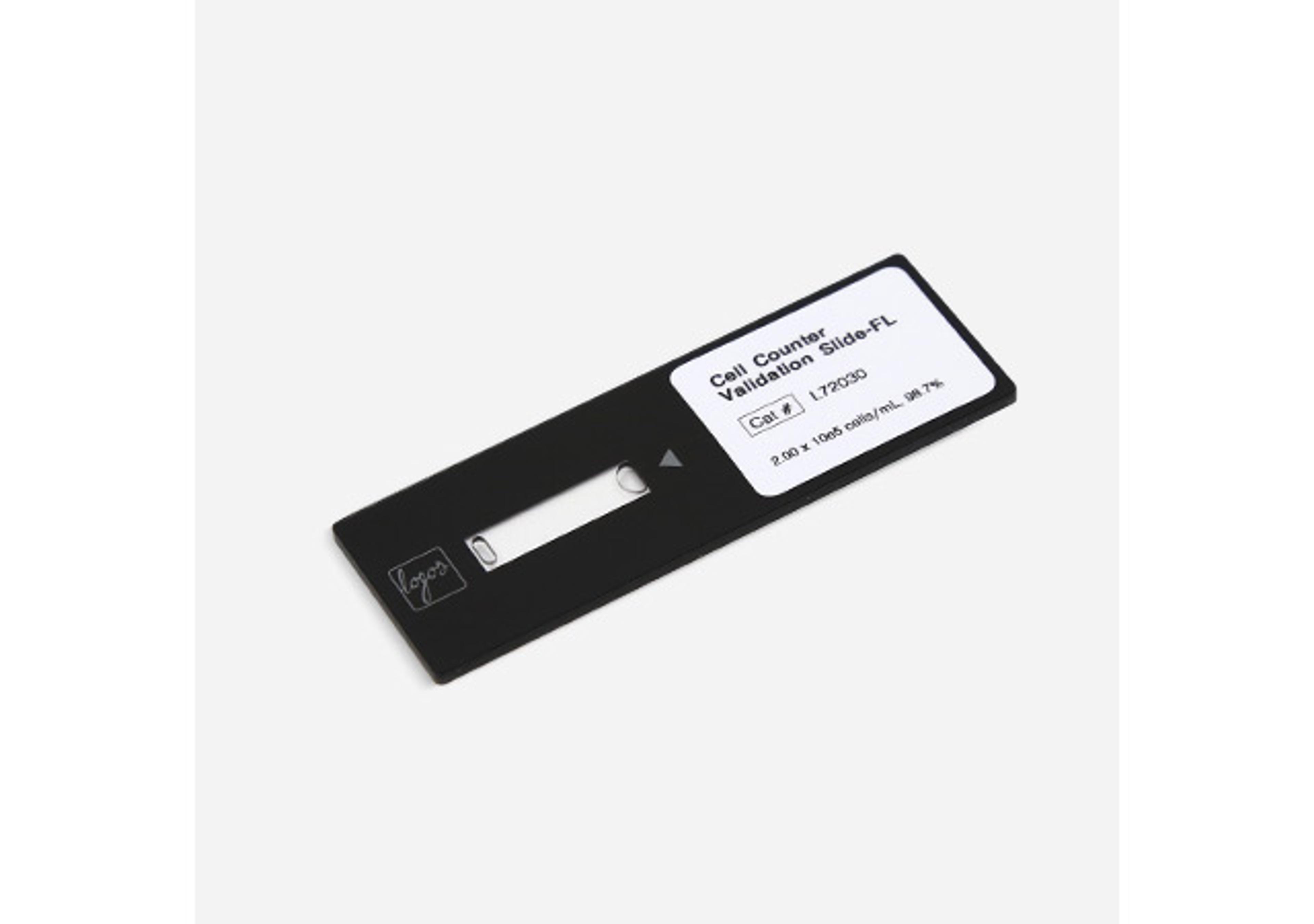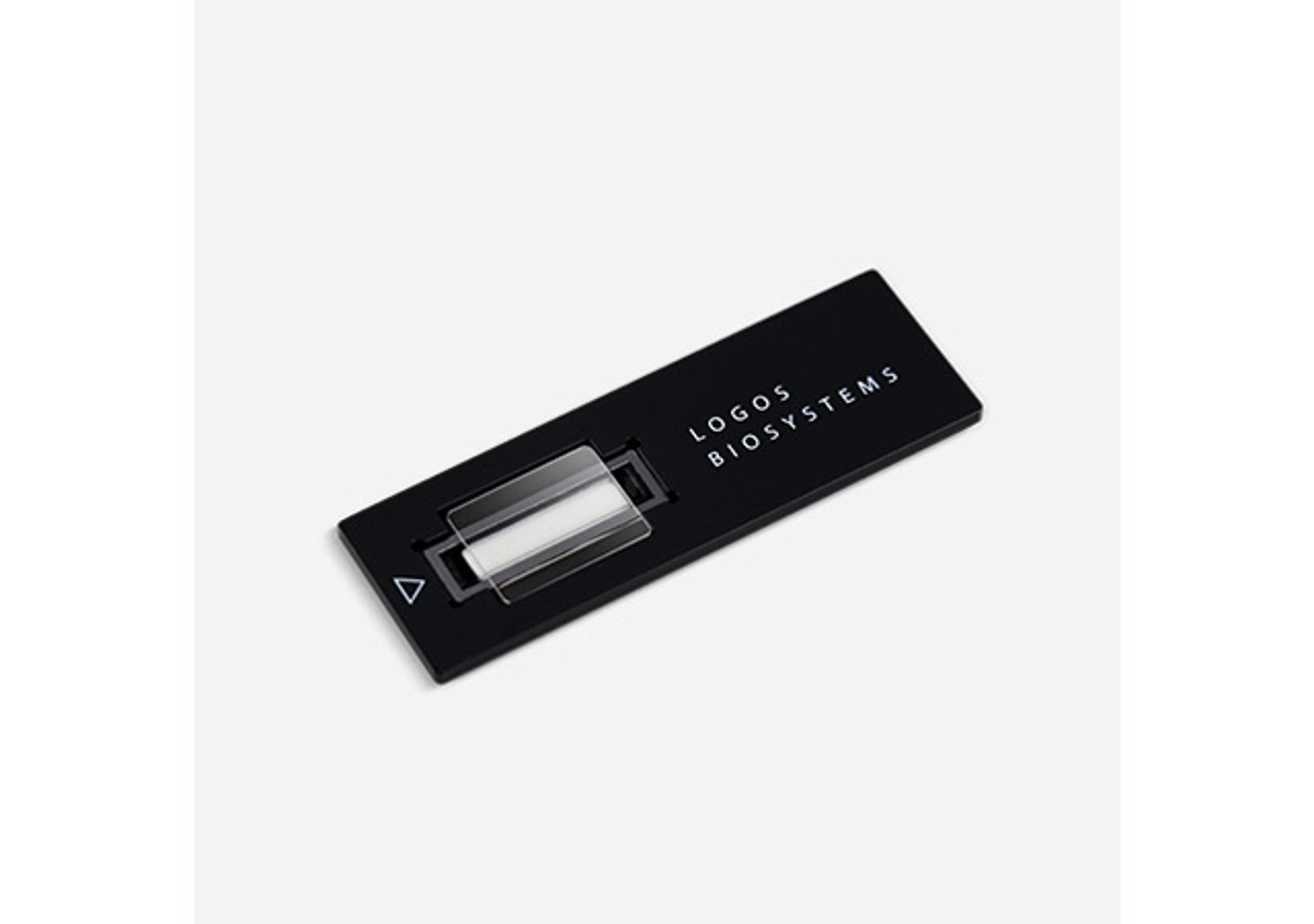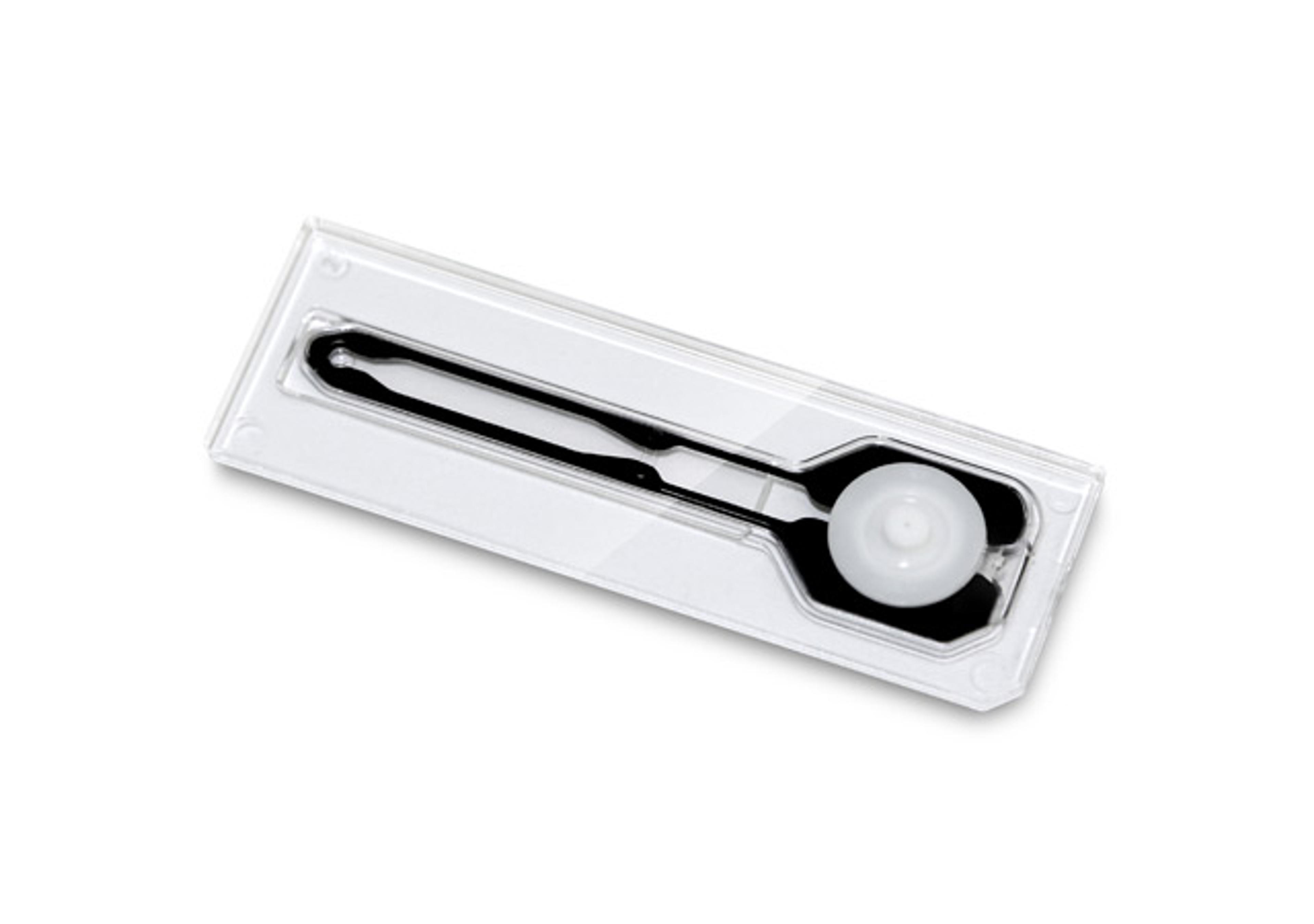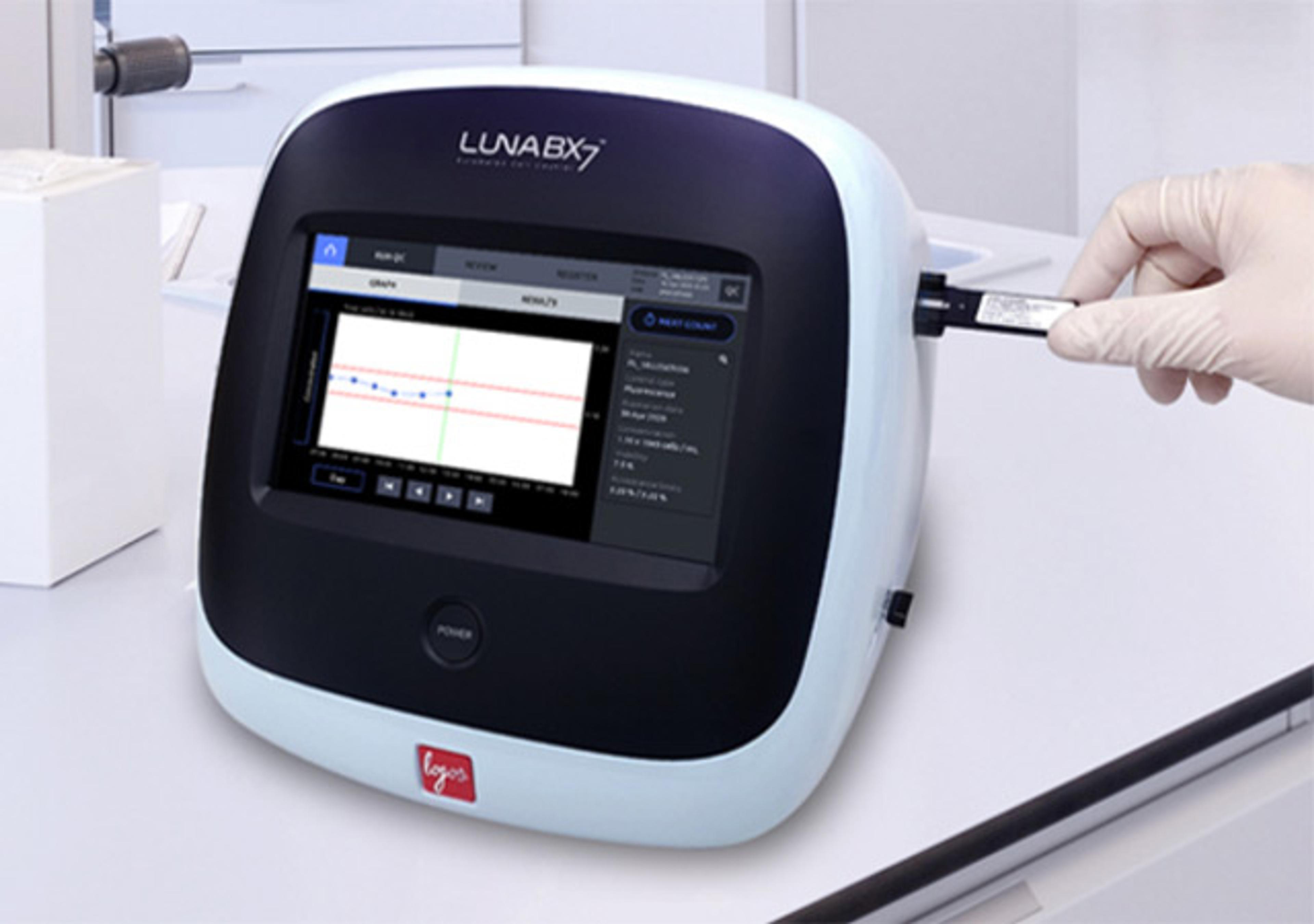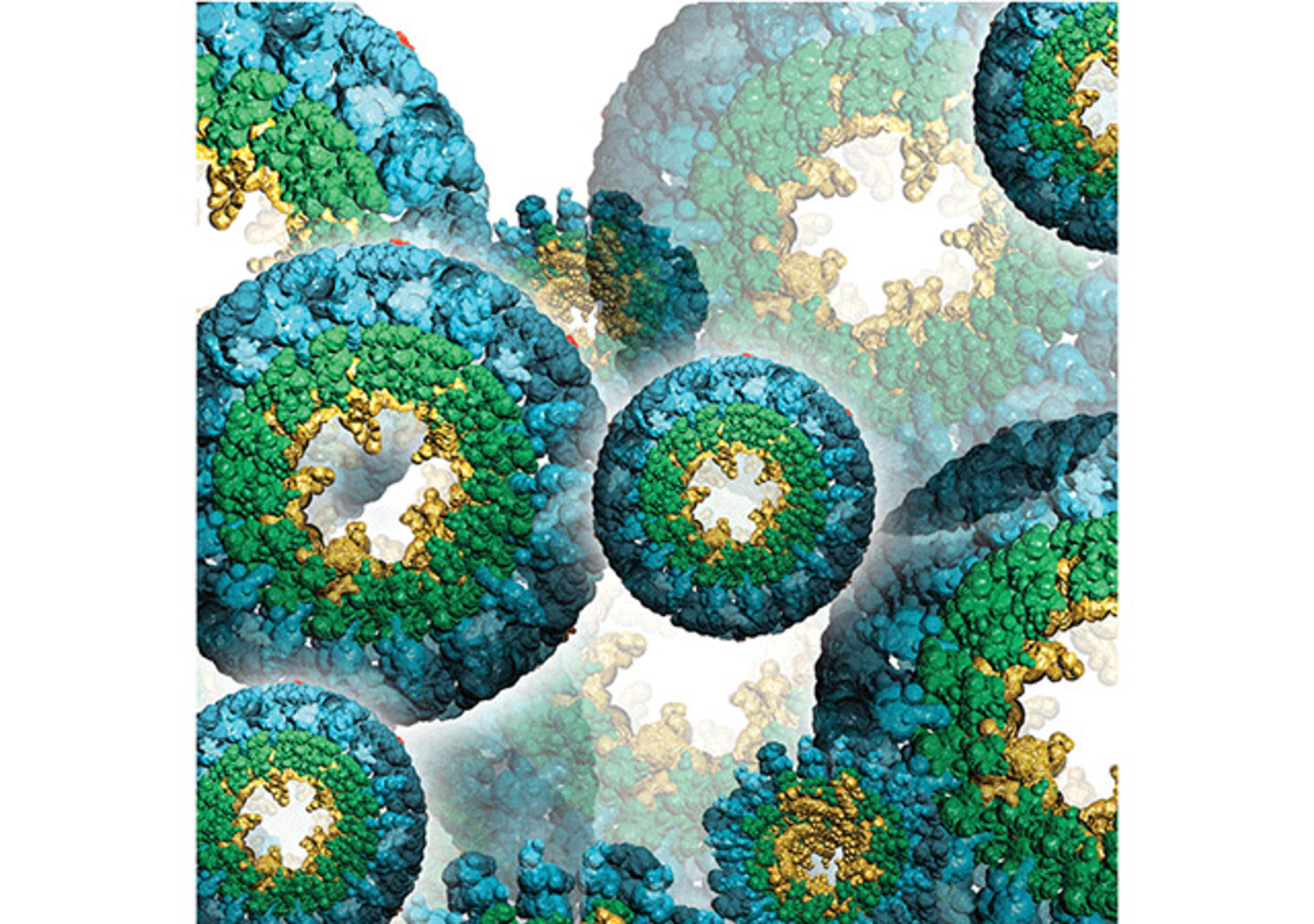Thermo Scientific™ Phire Tissue Direct PCR Master Mix
Thermo Scientific Phire Tissue Direct PCR Master Mix has been developed for amplification of DNA directly from a wide variety of tissues obtained from mice, human, fish, birds and insects. The Master Mix containing Phire Hot Start II DNA Polymerase is specially formulated to perform PCR in the presence of different animal tissue-derived inhibitors such as collagen, melanin and eumelanin (hair, skin) or myoglobin (muscle). The…

The supplier does not provide quotations for this product through SelectScience. You can search for similar products in our Product Directory.
So convenient, such a time saving kit!
PCR - genotyping
This product is very easy to use and allows us to cut our genotyping time by several times (few minutes for the lysis instead of an hour). The quality is optimal: we can use tiny amounts of DNA (like small parts of E7.5 embryos) for genotyping and it still works great.
Review Date: 3 Mar 2021 | Thermo Fisher Scientific
Thermo Scientific Phire Tissue Direct PCR Master Mix has been developed for amplification of DNA directly from a wide variety of tissues obtained from mice, human, fish, birds and insects. The Master Mix containing Phire Hot Start II DNA Polymerase is specially formulated to perform PCR in the presence of different animal tissue-derived inhibitors such as collagen, melanin and eumelanin (hair, skin) or myoglobin (muscle). The kit also includes Thermo Scientific DNARelease Additive, which can be used to improve the release of DNA from difficult tissues.
Features:
- Direct PCR—sample is added directly to PCR reaction, therefore there is no need for time-consuming and expensive DNA purification steps
- Dilution & Storage protocol available—allows tens of PCR reactions from one tiny sample and allows re-testing
- Specially engineered Phire DNA polymerase—extremely short PCR protocol times
- Master Mix format with premixed gel loading dye—minimizes possibility of cross-contamination, reduces sample handling and allows direct loading on gel
Applications:
- Genotyping
- Transgene detection
- Knockout analysis
- Sequencing

